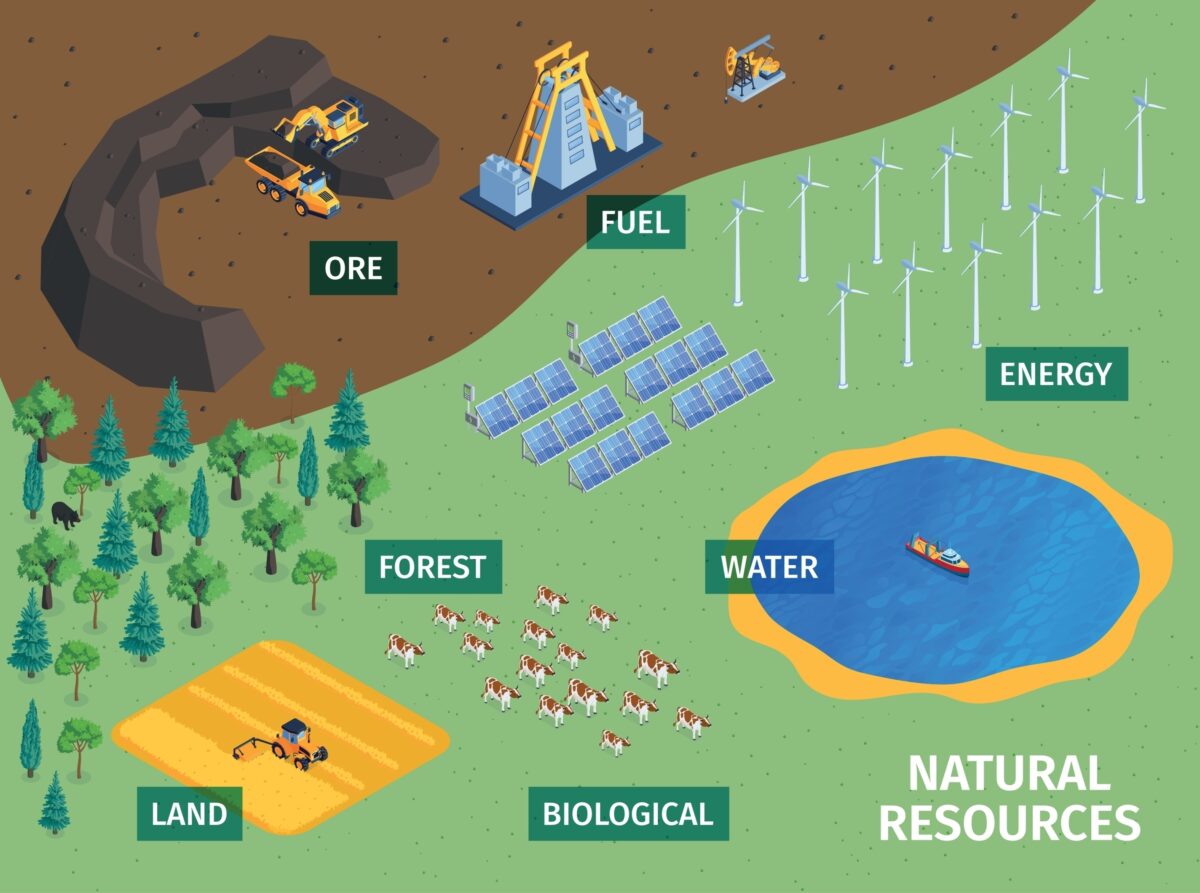In 2014, sociologists at Harvard and Yale conducted a study on participants to see whether democracy impacted decision-making around resource depletion. Its results are useful for socialists arguments around economic democracy.
The scientists asked subjects to play an intergenerational game involving balls in a pool. The games measured whether you were selfish and chose to only look out for your own interests or not. In this particular game, they also factored in how decisions made by one ‘generation’ would negatively impact subsequent ones. They formed groups of five people; each group was a generation. The first generation had a pool of 100 units, and each individual could decide to extract between 0 and 20 units from the pool. If the total percentage of units extracted from the pool remained above a threshold, then the pool would renew at 100 units for the next generation. But if the percentage removed from the pool fell below the extraction threshold (representing massive resource depletion), the pool became exhausted, and all future generations ended up with no balls. They found that if it was left up to individual decisions, then the balls in the pools (representing the resources) for future generations rapidly dwindled.
“The scientists asked subjects to play an intergenerational game involving balls in a pool. The games measured whether you were selfish and chose to only look out for your own interests or not.”
But then researchers added in a new factor: democratic decision-making. Resources couldn’t be extracted unless they voted and agreed on the number to extract. This had the result of massively reducing the number of balls removed, representing the amount of resources used up.
“The first generation had a pool of 100 units, and each individual could decide to extract between 0 and 20 units from the pool. If too much was extracted, the pool became exhausted for future generations.”
What was crucial was that everyone had to be bound by the decision. If it was only partially agreed (the people that voted for 10 balls got 10 and then two others got 20), then it didn’t work; the partially binding/voting model “provides an opportunity both for defectors to derail sustainability and for potential cooperators to switch to defection out of fear that others will over-exploit.” This is similar to the problems with the Kyoto Protocols; now they are not binding and you can effectively opt out if you want.
The scientists concluded that “in the absence of regulation, a minority of selfish players consistently deplete available resources. By implementing median voting, however, this negative outcome can be prevented—but only if all players are bound by the outcome of the vote”.

What this demonstrates is that under capitalism, where there is little to no democratic control over economic decisions, a minority (the capitalists) made decisions that led to massive resource depletion. Once we get majority control over the levers of the economy and can begin to plan what is produced and consumed democratically and collectively, then the tendency will be towards acting as stewards for the planet and future generations.
Socialism is an entirely different way of organising society, politics, and the economy. It isn’t based on what we saw in the Soviet Union or China today; it is a much more radical vision of a world in which we produce things for human needs, not based on whether the market can make a profit out of them.
The article is based on the study by Hauser, Oliver P.; Rand, David G.; Peysakhovich, Alexander; Nowak, Martin A. (2014). Cooperating with the future. Nature, 511 (7508), 220–223.
Art (55) Book Review (127) Books (114) Capitalism (68) China (81) Climate Emergency (99) Conservative Government (90) Conservative Party (45) COVID-19 (46) EcoSocialism (60) Elections (85) Europe (46) Fascism (64) Film (48) Film Review (69) France (72) Gaza (63) Imperialism (101) Israel (131) Italy (46) Keir Starmer (57) Labour Party (116) Long Read (42) Marxism (49) Marxist Theory (47) Palestine (186) pandemic (78) Protest (154) Russia (346) Solidarity (153) Statement (50) Trade Unionism (144) Ukraine (352) United States of America (140) War (371)
Latest Articles
- Solidarity with the Ukrainian peopleStatement approved by the International Committee (IC) of the Fourth International on 25 February 2026.
- US/Israel hands off Iran! No liberation through US bombs!Statement of the Executive Bureau of the Fourth International 28 February 2026
- Your Party’s New Leadership – The CEC Election And The Likely FalloutWhat are the possible consequences of Your Party’s recent CEC elections, Joseph Healy looks at this in the current political context.
- Earthquake in Gorton, tremors in Downing st.Dave Kellaway makes an initial analysis of the Green victory in Gorton and Denton
- Your Party and the return of strategyThe CEC elections are over. Your Party needs a clear vision and action to coordinate the resistance to capitalism, climate collapse, and the far right, argues Simon Hannah.





